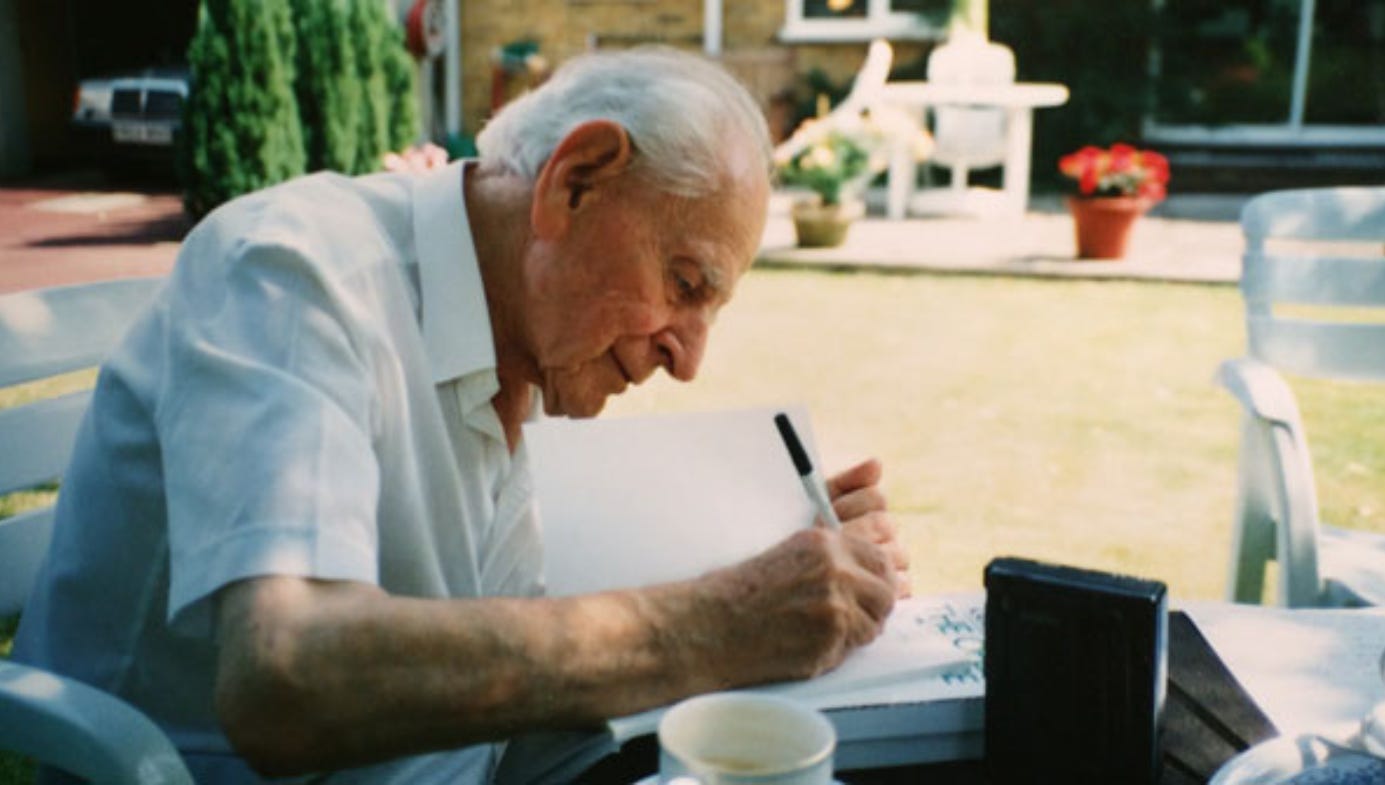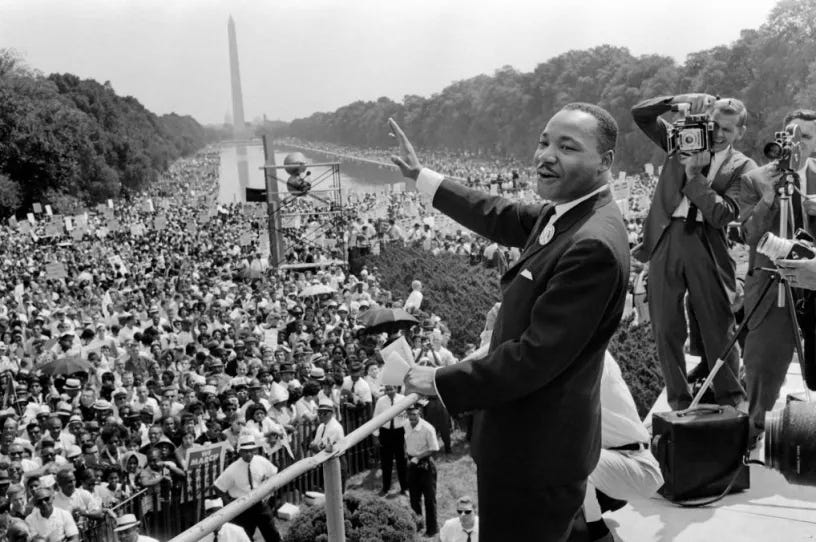The Yale Free Press Is Bringing Courage Back to Campus
For FAIR’s Substack, Sahar Tartak writes about how this year the Yale Free Press will treat university students like the adults they are—individuals who are capable of grappling with contentious topics with maturity and intellectual rigor.
For these reasons and more, I am ramping up the Yale Free Press as its editor-in-chief. We are recruiting more writers, and we intend to write more this year. We are tapping into resources for student journalists and creating those resources as we go. For instance, we formed an online network of student journalists from campuses across the country to share tips, opportunities, and offer support. We will cover what other campus papers do not: the issues of speech that lie in between space—those that require nuance and complexity to understand. The “exotic” philosophies— conservatism, classical liberalism, religious traditionalism, and so on—that sharp students are fascinated by but shielded from. The common-sense questions that everyone seems afraid to ask. At the Yale Free Press, we are choosing to treat university students as the adults we are, adults who are capable of grappling with contentious topics with maturity and intellectual rigor.
Tolerating Intolerance: The Free Speech Paradox
For Quillette, FAIR board member Angel Eduardo writes about why he believes the true power of free expression is revealed even in defenses of speech advocating against it.
Consider burning or otherwise “desecrating” a nation’s flag. In most countries, the act has little meaning apart from the intended disrespect. But because the United States is founded on the idea of freedom, burning the Stars and Stripes carries an additional significance—one that reinforces the freedom that the flag symbolizes. Any attempt to defile a symbol of liberty that is not met with government retaliation proves how much freedom we have and how important that is.
Similarly, the moment you argue against free expression, you are undermining your own case. The ability to call for the abolition of free speech in a country like the US that protects liberty of expression is a demonstration of how essential free speech truly is. In an authoritarian state, you would not have the right to oppose a fundamental constitutional principle of this kind. This is why the idea that “I should be free to speak my mind about how free speech should be limited” makes little sense.
MLK and the Content of Character
For The Dispatch, FAIR Advisor John Wood Jr. reflects on Martin Luther King Jr.’s famous words on the 60th anniversary of the 1963 March on Washington.
Most importantly, King taught us to love our enemies, for they too are made in the image of God and possess innate dignity on the basis of their humanity. One can eschew racism (and race) and still fall woefully short of the high moral standard that this conviction demands. Informed by the teachings of Gandhi and the gospels, among other sources, King’s philosophy of nonviolence begins with a belief that love (“agape love” which can be understood as “goodwill”) holds a spiritual power that can effect social transformation. Through love, we enter the conscience of our opponents and make it possible to change minds by first changing hearts. Love in this way is not merely a sentiment: It is a way of being.
So what is the character of a person shaped by King’s ideas of nonviolence? It is the character of a person who strives to live according to the high moral standards set forth in the gospels, and in more recent history by figures such as Gandhi and King himself. It is the embodiment of the virtues of self-control, humility, courage, and ultimately love, by which human hearts and all human history have occasionally found themselves transformed.
Fresh off a Supreme Court Win, the Praying Coach Takes the Field
For The Free Press, Julia Duin speaks with Joe Kennedy—who was benched for praying on the 50-yard line after high school football games and recently won his Supreme Court case, wherein he claimed the school district had infringed upon his First Amendment rights.
But he admits the decision is a big deal for people of faith in this country.
“The way the Supreme Court ruled gives all Americans—not just the ones here in Bremerton—but across Washington and across the United States a huge win for religious liberty,” he added.
“That’s all religious liberty, not just Christians. This applies to Jews and Muslims, you name it. Pick a group, they all have the exact same freedom as I do now, and they can do that in the public square.”
JIVANI: A new challenge for Canadians of any colour: Remixed racism
For the Western Standard, Jamil Jivani writes about the rise of 'remixed racism' via 'anti-racism.'
It is difficult to pin down a term that adequately describes precisely what is going on but I will propose one: remixed racism.
Like a top forty single that samples a golden oldie, remixed racism changes the tempo, speeds up the chorus, and maybe even introduces a rapper to spit a hot sixteen bars. But in the end, remixes are always another variation of the same tune.
For example, workshop materials obtained by the Toronto Sun in 2021 showed federal government officials are taught that perfectionism, feeling a sense of urgency about some matter or task, individualism, fealty to the written word, and objectivity are all characteristics of white supremacist culture.
In other words, the federal government uses taxpayer dollars to teach that race and culture are one in the same and certain cultural ideas or useful practices associated with hard work, science and democracy are incompatible with non-white cultures.
FAIR News Podcast
For audio versions of our FAIR News and FAIR Weekly Roundup newsletters, subscribe and listen to FAIR News Weekly on Apple Podcasts, Spotify, Google Podcasts, or via RSS feed.
Join the FAIR Community
Join us, and become a member of FAIR.
Become a FAIR volunteer, or join a FAIR chapter.
Take the Pro-Human Pledge and help promote a common culture based on fairness, understanding, and humanity.
Sign-up for a Welcome to FAIR Zoom information session to learn more about our mission.
Share your reviews and incident reports on our FAIR Transparency website.












"Proponents of free speech sometimes face a similar paradox: we must defend speech that calls on us to suppress 'unpopular' views. Some are concerned that if you protect people’s right to voice their support for censorship, you are thereby undermining free speech and sowing the seeds of its own undoing."
"Some are concerned . . ." is a common preface to a straw-man argument. Is this piece a rebuttal to individuals or organizations who are actually advocating censoring those who support censorship or is it an abstract think piece? If the former, wouldn't it have been appropriate to identify them in a way that would assure a reader of their existence? If this is a thought piece, why resort to the "some people are saying" device?